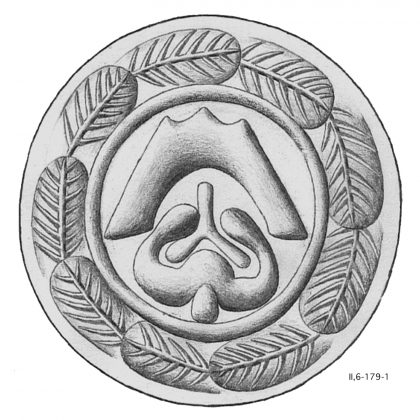Unveiling the Hidden: Questionable Research Conduct in Psychometrics
The paper “How do you Behave as a Psychometrician? Research Conduct in the Context of Psychometric Research” by Pablo Ezequiel Flores-Kanter and Mariano Mosquera, published in The Spanish Journal of Psychology, has been chosen as the Editor’s Choice Article for July 2023.
Introduction: Have you ever wondered how scientific research shapes our understanding of the world? It turns out that behind the scenes, there are choices being made that can influence the outcomes. In our recent publication in The Spanish Journal of Psychology, we shed light on a concerning issue called Questionable Research Conduct (QRC) and its impact on the credibility of scientific findings. Let’s delve into this topic and explore how it affects the field of psychology, particularly in the realm of psychometrics.
The Path Less Transparent: As researchers, we navigate a maze of decisions throughout the research process. From data collection to analysis, each step requires careful consideration. However, problems arise when researchers selectively choose paths that align with their preconceived notions or desired outcomes, all while obscuring these decisions in their research reports. This opaque behavior is what we refer to as QRC, and it has significant implications for the reliability and trustworthiness of scientific discoveries.

Unveiling the QRC Phenomenon in Psychometrics: In our study, we shine a spotlight on QRC within the field of psychometrics, which focuses on the development and validation of psychological measurements. Think about assessments of depression, anxiety, or job satisfaction—these measurements are crucial for understanding human experiences. However, when the construction and validation of such measurements are compromised by questionable conduct, the accuracy and usefulness of these assessments come into question.
Beyond Malicious Intentions: It’s important to note that most researchers who engage in questionable conduct do so unintentionally. They follow practices they have learned, unaware of the potential pitfalls. Nevertheless, evidence suggests that such behavior is prevalent in the research community, highlighting the need for awareness and change.
Embracing Transparent and Open Science: To counteract questionable conduct, we introduce readers to transparent and open-science practices. These practices emphasize transparency, replicability, and accountability in research. By adopting open-science principles, researchers can promote more robust and reliable scientific outcomes. It’s a collective effort to restore confidence in the research process.
Join the Movement: As consumers of scientific information, we play a crucial role in promoting rigorous research practices. By becoming aware of questionable conduct and demanding transparent reporting, we contribute to a more informed and trustworthy scientific landscape. Let’s empower ourselves to critically evaluate research findings and champion the principles of open science.
Conclusion: Questionable Research Conduct is an issue that affects the integrity of scientific research. By uncovering the hidden biases and promoting transparent practices, we can ensure that scientific findings, particularly psychometric research, stand on solid ground. Together, let’s hold researchers accountable and embrace open science to build a future where knowledge is reliable and impactful.
Remember, the path to robust science starts with an unwavering commitment to transparency and integrity.






